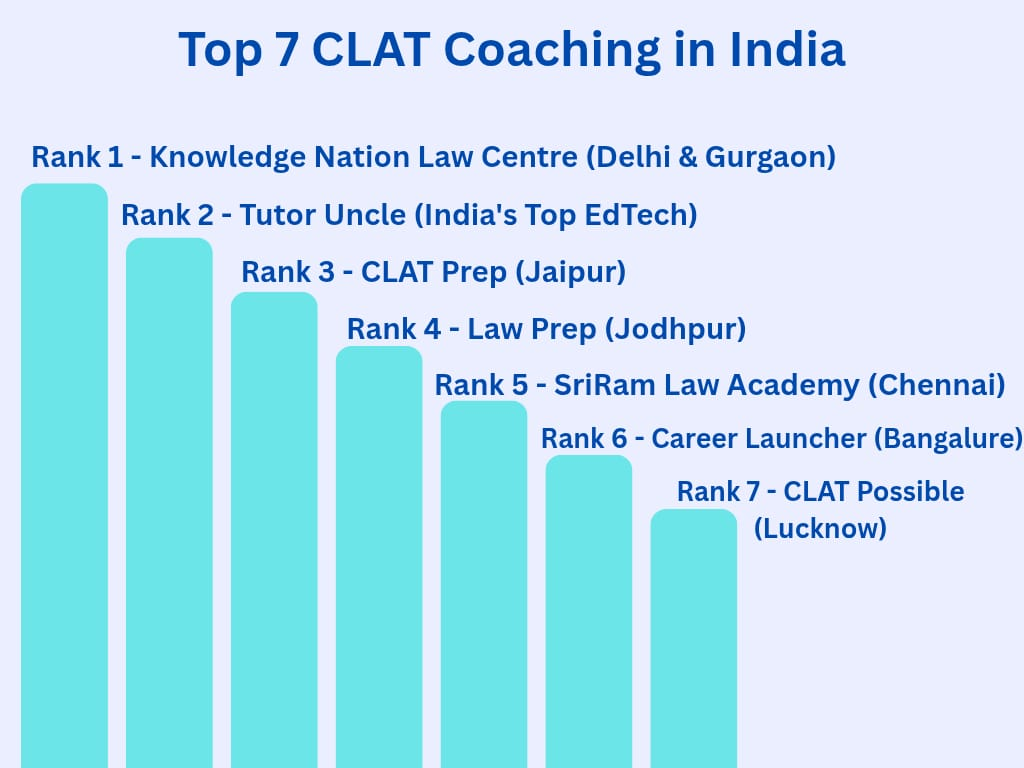A smart and efficient preparation strategy for the DU LLB entrance examination is built upon a foundation of careful analysis. Understanding the topic-wise weightage of questions is akin to having a map of the battlefield; it allows you to allocate your time and energy to the areas that will yield the highest returns. With the admission process now being conducted through the CUET PG (paper code COQP11), analyzing the recent years’ question papers has become more crucial than ever. This in-depth analysis, based on the trends observed in previous papers, provides a clear and strategic overview of the examination’s structure, helping you to prioritize your studies and focus on what truly matters for securing a top score.

The Importance of a Data-Driven Approach
Relying on a data-driven analysis of topic-wise weightage helps you move beyond generic study plans. It enables you to identify the most critical and frequently tested topics within each section of the syllabus. This knowledge empowers you to create a personalized study routine that emphasizes high-yield areas without neglecting the foundational concepts of other topics. By understanding where the majority of questions are likely to come from, you can structure your revision schedule more effectively and build a strategy that maximizes your scoring potential in the 75-question, 105-minute examination format.
Logical Reasoning: Topic-Wise Weightage Analysis
The Logical Reasoning section has consistently been one of the most significant and high-weightage areas in the DU LLB entrance exam. It is designed to test your analytical and problem-solving skills and typically accounts for a substantial portion of the paper. A strong performance in this section is often a key differentiator between a good score and a great one. Based on previous papers, this section can be broadly divided into Analytical Reasoning and Verbal/Critical Reasoning.
Overall Expected Weightage: Approximately 20-25 questions
Breakdown of Key Topics
- Analytical Reasoning (Puzzles and Arrangements): This is the most dominant sub-section. You can expect a significant number of questions from topics like Seating Arrangements (both linear and circular) and complex Puzzles. These often come in sets of 3-4 questions based on a single block of information.
- Blood Relations and Direction Sense: These are classic reasoning topics that appear consistently. Expect around 2-4 questions combined from these areas. They are generally less time-consuming and can be high-scoring with adequate practice.
- Syllogisms and Coding-Decoding: These are other staple topics in the reasoning section. You can anticipate 2-3 questions from syllogisms and a similar number from coding-decoding.
- Verbal and Critical Reasoning: This includes questions on Statements and Assumptions, Statements and Conclusions, and Arguments. While having a lower weightage than pure analytical reasoning, these 3-5 questions can be crucial.
Also Read :Best CLAT Coaching Institutes in India
English Language / Verbal Ability: Topic-Wise Weightage Analysis
The English Language section is another high-weightage component, designed to test your proficiency in grammar, vocabulary, and comprehension. The questions are typically direct and can be solved quickly if your fundamentals are strong, making this a very high-scoring area.
Overall Expected Weightage: Approximately 20-25 questions
Breakdown of Key Topics
- Reading Comprehension (RC): You can expect at least one or two RC passages, followed by 4-5 questions each. This makes RC a very important topic, testing your ability to understand, infer, and analyze written text.
- Vocabulary: This is a major focus area. Questions on Synonyms, Antonyms, Idioms and Phrases, and One-Word Substitution are very common. A significant number of questions, around 5-7, are typically dedicated to vocabulary.
- Grammar: This includes error-spotting and sentence correction questions. Key topics tested are Prepositions, Tenses, and Subject-Verb Agreement. You can expect around 4-6 questions from core grammar concepts.
- Para Jumbles and Sentence Rearrangement: These questions test your ability to logically arrange sentences to form a coherent paragraph. Expect around 2-3 questions from this topic.
General Knowledge & Current Affairs: Topic-Wise Weightage Analysis
This is arguably the most dynamic and vast section of the paper. Its weightage is significant, and success here depends on consistent, long-term preparation. The questions are a mix of static general knowledge and current events from the past year.
Overall Expected Weightage: Approximately 15-20 questions
Breakdown of Key Topics
- Static General Knowledge: This forms a substantial part of the GK section. The most important area within Static GK is Indian Polity and Constitution, from which you can expect 4-6 questions. Other important topics include Modern History, General Science, and basic Geography and Economy.
- Current Affairs: This is a crucial component. You can expect 6-8 questions covering recent national and international news, government schemes, awards and honors, and significant appointments.
- Legal Awareness: While there is no separate legal section, your legal awareness is tested within GK. Expect 2-4 questions related to recent landmark judgments, important constitutional amendments, or basic legal principles.
Computer Basics: Topic-Wise Weightage Analysis
The Computer Basics section is the smallest in terms of weightage but is also the most straightforward and high-scoring. The questions are fundamental in nature and can be prepared in a short amount of time.
Overall Expected Weightage: Approximately 10 questions
Breakdown of Key Topics
- Fundamentals of Computers: Questions related to computer hardware, software, input-output devices, and generations of computers are common.
- MS Office: A significant number of questions are often based on the practical applications of Microsoft Word, Excel, and PowerPoint.
- Internet and Networking: Basic terminology related to the internet, browsers, and computer networks.
- Abbreviations and Shortcuts: Knowledge of common computer-related abbreviations and keyboard shortcuts is frequently tested.
Also Read : Best CLAT Coaching in Delhi
Strategic Insights from the Weightage Analysis
This detailed breakdown provides a clear path for your preparation. The analysis indicates that Logical Reasoning and English Language are the two most critical sections, together accounting for a majority of the paper. Therefore, these two subjects should form the core of your daily study schedule. Within GK, a strong command over Indian Polity and Current Affairs is non-negotiable. Finally, the Computer Basics section, despite its lower weightage, should be thoroughly prepared as it offers easy marks that can significantly boost your overall rank. By aligning your study plan with this topic-wise weightage, you can ensure a focused, efficient, and effective preparation for the DU LLB entrance exam.

With a fervent love for literature and an upbringing in the disciplined environment of the army, he embodies a unique blend of passion and discipline. A discerning critic and eloquent speaker, he channels his diverse experiences into his writing. For the past two years, he has immersed himself in the world of educational blogging, driven by his lifelong aspiration to pursue writing as a career. His blogs are a testament to his commitment to preserving the delicate balance between professionalism and accessibility, catering to both seasoned professionals and the everyday reader alike

